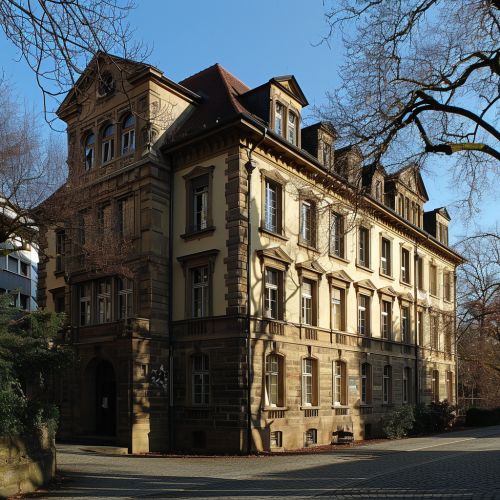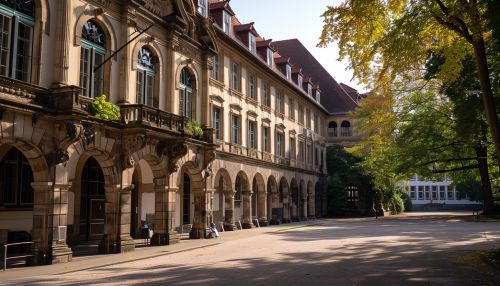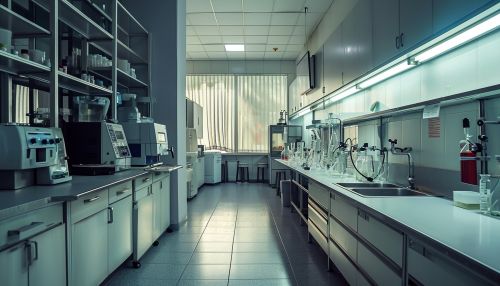Gerhard Ertl
Early Life and Education
Gerhard Ertl was born on 10th October 1936 in Stuttgart, a city in southwest Germany known for its automotive industry. He developed an interest in the natural sciences at a young age, particularly in chemistry and physics. After completing his secondary education, Ertl enrolled at the University of Stuttgart in 1955 to study physics.


In 1957, he transferred to the University of Paris where he was introduced to the field of surface science, a discipline that would become the focus of his career. He completed his doctorate in physical chemistry at the Technical University of Munich in 1965 under the supervision of Heinz Gerischer, a renowned electrochemist.
Career and Research
Ertl began his professional career as a research associate at the Technical University of Munich. In 1968, he moved to the United States to join the research team at the Bell Labs in New Jersey. Here, he conducted pioneering work on the chemisorption of gases on metal surfaces, a fundamental process in surface science.
In 1973, Ertl returned to Germany to take up a professorship at the University of Hannover. His research during this period focused on the catalytic oxidation of carbon monoxide on platinum surfaces, a reaction of significant industrial importance. Ertl's work provided crucial insights into the mechanisms of heterogeneous catalysis, a process widely used in the chemical industry.
In 1986, Ertl was appointed Director at the Fritz Haber Institute of the Max Planck Society in Berlin, where he established a world-leading research group in surface science. His team made significant contributions to the understanding of chemical reactions at surfaces, particularly the Haber-Bosch process, a method used for the industrial production of ammonia.
Nobel Prize in Chemistry
Ertl's groundbreaking work in surface science was recognized with the Nobel Prize in Chemistry in 2007. The Nobel Committee praised his work for its methodological development of surface science, particularly his studies of heterogeneous catalysis and the mechanisms of chemical reactions at surfaces. Ertl's research has had a profound impact on both fundamental science and practical applications, including the development of cleaner and more efficient industrial processes.


Legacy and Impact
Gerhard Ertl's work has left a lasting impact on the field of surface science. His methodological approach and rigorous experimental techniques have become standard in the field, and his research findings have informed the development of numerous industrial processes. Ertl's work has also had significant implications for other scientific disciplines, including material science, nanotechnology, and astrophysics.
Ertl has been a strong advocate for the importance of basic research in the natural sciences. He has argued that fundamental scientific research is essential for technological progress and societal development. His career serves as a testament to the value of curiosity-driven research and the potential for scientific discovery to drive innovation.
